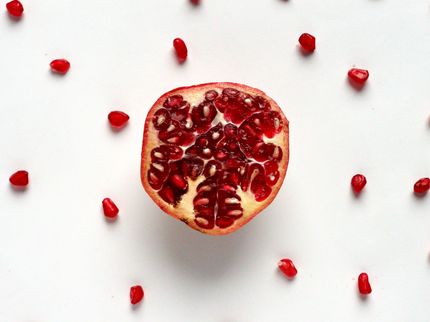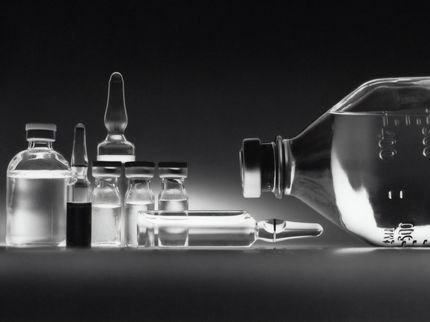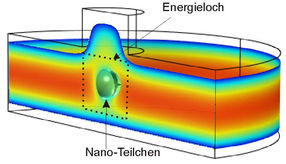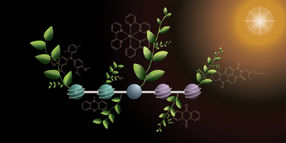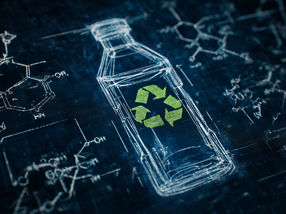Natural compounds, chemotherapeutic drugs may become partners in cancer therapy
Advertisement
Research in the Linus Pauling Institute at Oregon State University suggests that some natural food compounds, which previously have been studied for their ability to prevent cancer, may be able to play a more significant role in treating it – working side-by-side with the conventional drugs that are now used in chemotherapy.
A new study published in the International Journal of Cancer examined the activity of chlorophyllin and found that, on a dose-by-dose basis, it was 10 times more potent at causing death of colon cancer cells than hydroxyurea, a chemotherapeutic drug commonly used in cancer treatment.
Beyond that, chlorophyllin kills cancer cells by blocking the same phase of cellular division that hydroxyurea does, but by a different mechanism. This suggests that it – and possibly other "cocktails" of natural products – might be developed to have a synergistic effect with conventional cancer drugs, helping them to work better or require less toxic dosages, researchers said.
"We conclude that chlorophyllin has the potential to be effective in the clinical setting, when used alone or in combination with currently available cancer therapeutic agents," the researchers wrote in their study.
The concept of combining conventional or new cancer drugs with natural compounds that have been shown to have anti-cancer properties is very promising, said Rod Dashwood, professor and director of the Cancer Chemoprotection Program in the Linus Pauling Institute.
"Most chemotherapeutic approaches to cancer try to target cancer cells specifically and do something that slows or stops their cell growth process," Dashwood said. "We're now identifying such mechanisms of action for natural compounds, including dietary agents. With further research we may be able to make the two approaches work together to enhance the effectiveness of cancer therapies."
Chlorophyllin is a water-soluble derivative of chlorophyll. Chlorophyllin is inexpensive, and animal studies plus human clinical data suggest that it can be ingested at relatively high levels without toxicity. In the new study, researchers found that pharmacologic doses of chlorophyllin caused colon cancer cells to spend more time than normal in their "synthesis phase" in which DNA is duplicated. Timing is critical to the various phases of cell growth, researchers said, and this disruption started a process that ultimately led to cell death, the study found.
In particular, the presence of high levels of chlorophyllin caused a major reduction in the level of ribonucleotide reductase, an enzyme critical to DNA synthesis, researchers found. This is also the mechanism of action of hydroxyurea, one drug already being used for cancer chemotherapy.
Further research is needed both in laboratory and animal studies, with combinations of chlorophyllin and existing cancer drugs, before it would be appropriate for human trials, Dashwood said. Chlorophyllin, in general, is poorly absorbed from the human gastrointestinal tract, so it's unclear what levels might be needed for therapeutic purposes or how well they would work.



